Exploring the Haunting Legacy of Little Bighorn Battlefield National Monument
Steeped in history and shrouded in mystery, the Little Bighorn Battlefield National Monument near Hardin, Montana, offers a poignant glimpse into one of the most infamous battles in American history. Known for the dramatic 1876 clash known as Custer’s Last Stand, this site memorializes the fierce encounter between the U.S. Army’s 7th Cavalry and a coalition of Native American tribes, including the Lakota, Cheyenne, Arapaho, and Dakota warriors.
The Fateful Battle and Its Eternal Grounds
On June 25 and 26, 1876, a significant conflict unfolded at what is now the monument site. The battle, characterized by intense combat and substantial loss, ended in a devastating defeat for the 7th Cavalry, including its infamous leader, Lt. Col. George Armstrong Custer. The site was designated as a national cemetery in 1879, making it a resting place for those who fell during the battle. It became part of the National Park Service in 1940, initially named Custer Battlefield National Monument, and received its current name in 1991 to honor all who fought there.
Among the historical landmarks at the site is the striking obelisk erected in memory of the fallen soldiers and the Custer National Cemetery where visitors can pay their respects. These features contribute to the site’s solemn yet captivating atmosphere, inviting reflection on the profound impacts of this historic event.
A Hotspot of Paranormal Activity
The battlefield is not only known for its historical importance but also for its paranormal phenomena. Since the late 1800s, visitors have reported eerie encounters, including apparitions of soldiers in their military attire, ghostly sounds of galloping horses, and chaotic battle noises. These spectral sightings are said to be particularly concentrated around the Stone House, a structure built in 1894 initially used by site staff. Reports suggest that ghostly figures often appear at night, with lights and shadows moving strangely through the building.
The haunting presence felt at the Little Bighorn Battlefield Monument offers a chilling reminder of the past, making it a must-visit for those interested in both history and the supernatural. Whether you’re a history buff, a paranormal enthusiast, or simply in search of a place that tells a powerful story, this monument provides a unique and profound experience of America’s turbulent past.
Visiting the Monument
For those planning a visit, the Little Bighorn Battlefield National Monument is accessible from nearby Hardin, Montana. The site offers educational tours and has several exhibits that delve into the details of the battle, the personalities involved, and the broader context of the 1876 conflict. It’s an educational journey through time, providing insight into one of the most significant chapters of the American West.
As you walk the rolling hills of the battlefield or stand by the solemn obelisk, you’ll find yourself transported back in time, surrounded by the echoes of a pivotal moment in history. The Little Bighorn Battlefield National Monument not only commemorates a key event but also invites us to ponder the lessons of history and the enduring spirits of those who once walked these grounds.

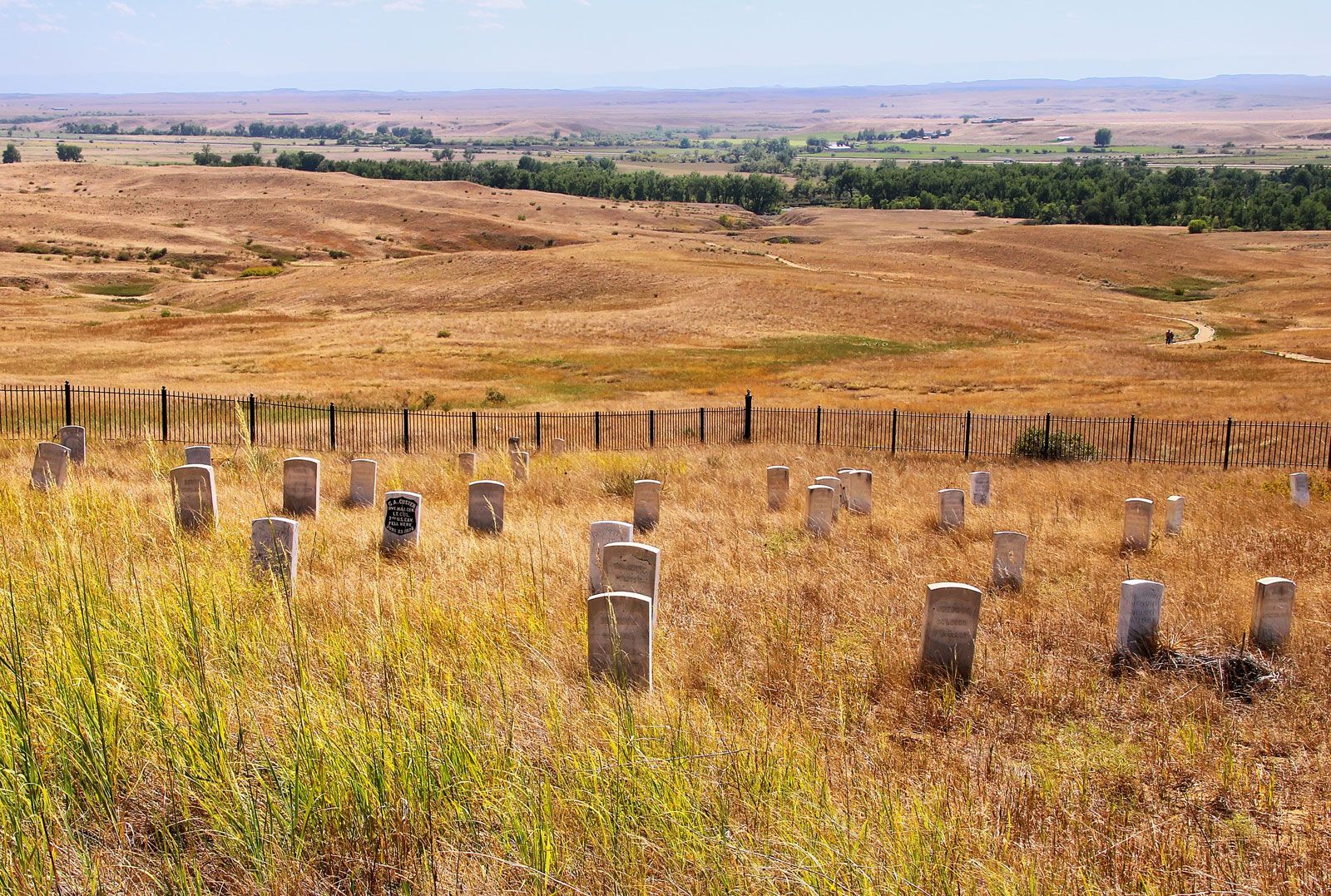
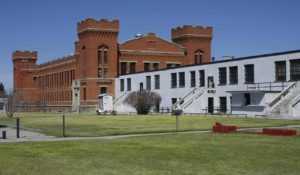


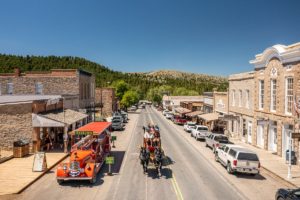

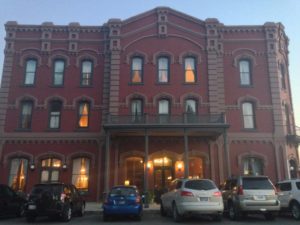
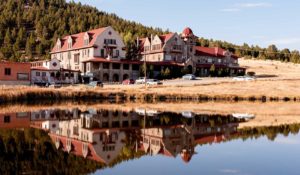


Leave a Reply